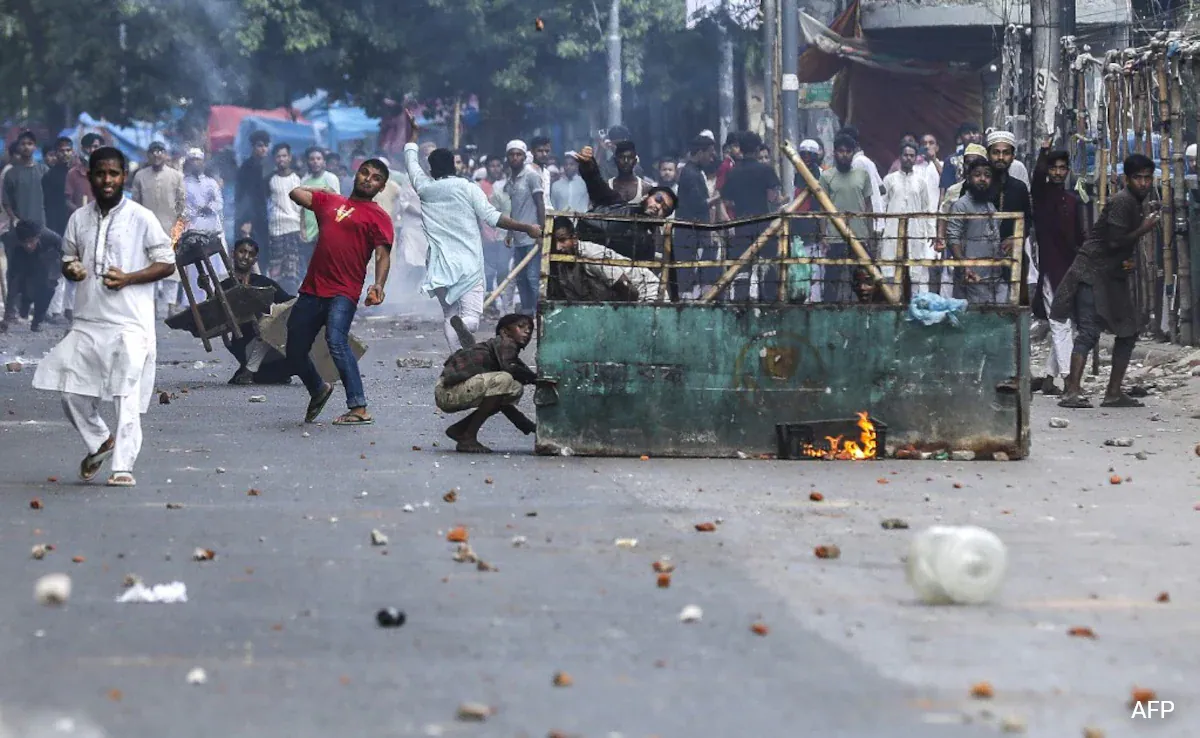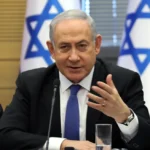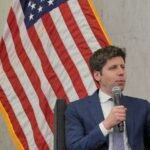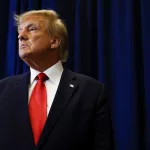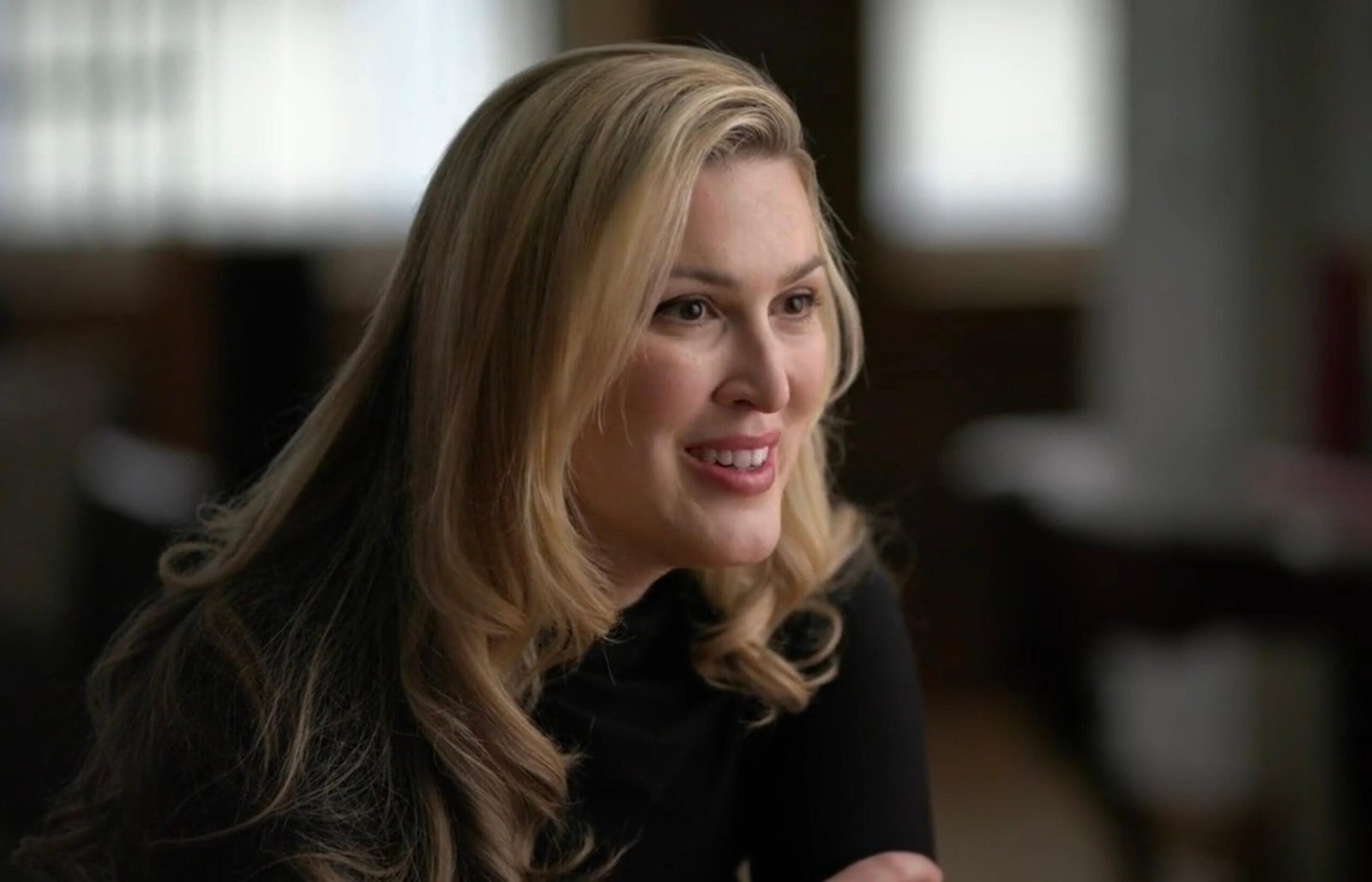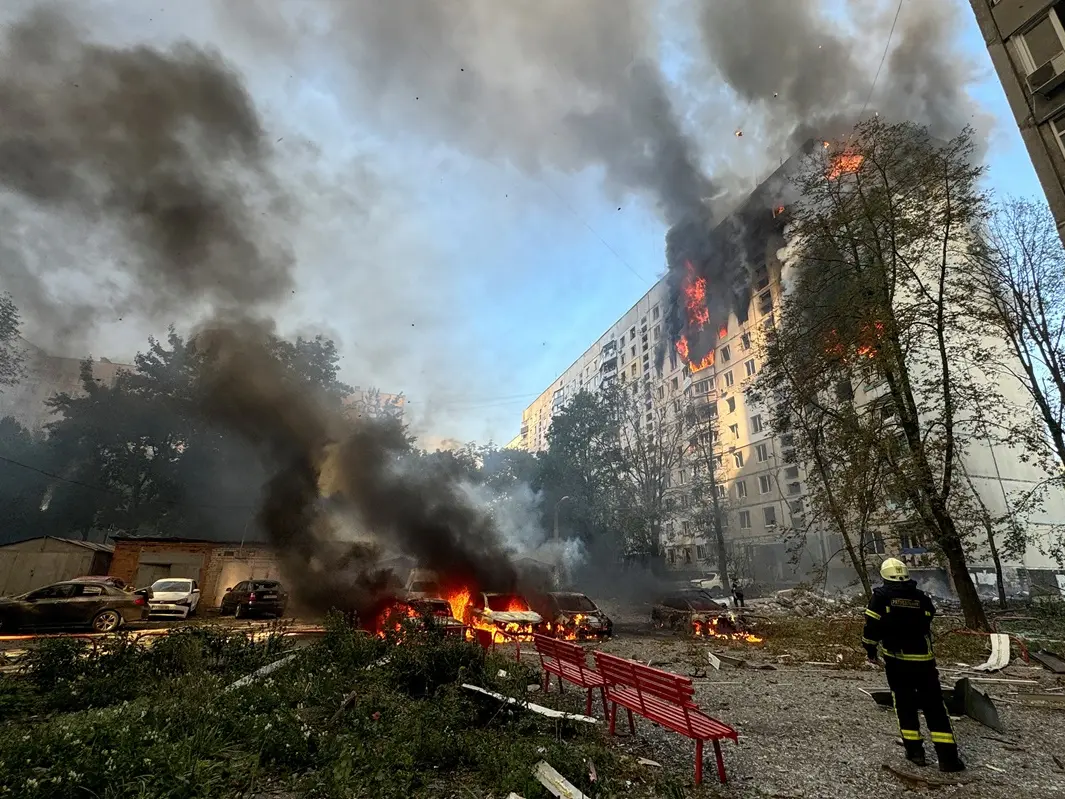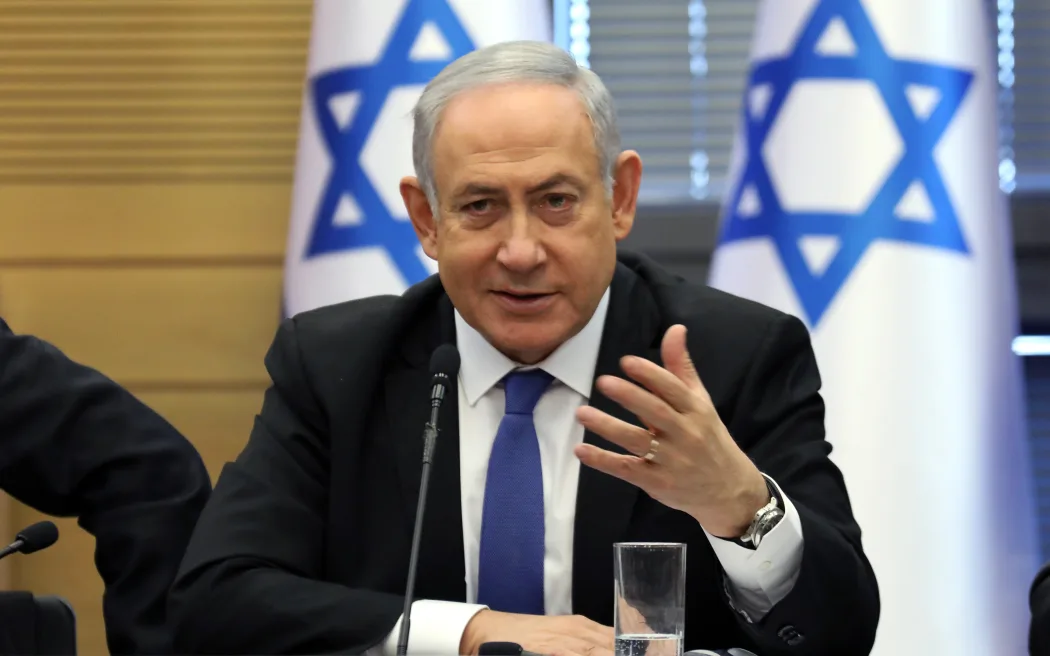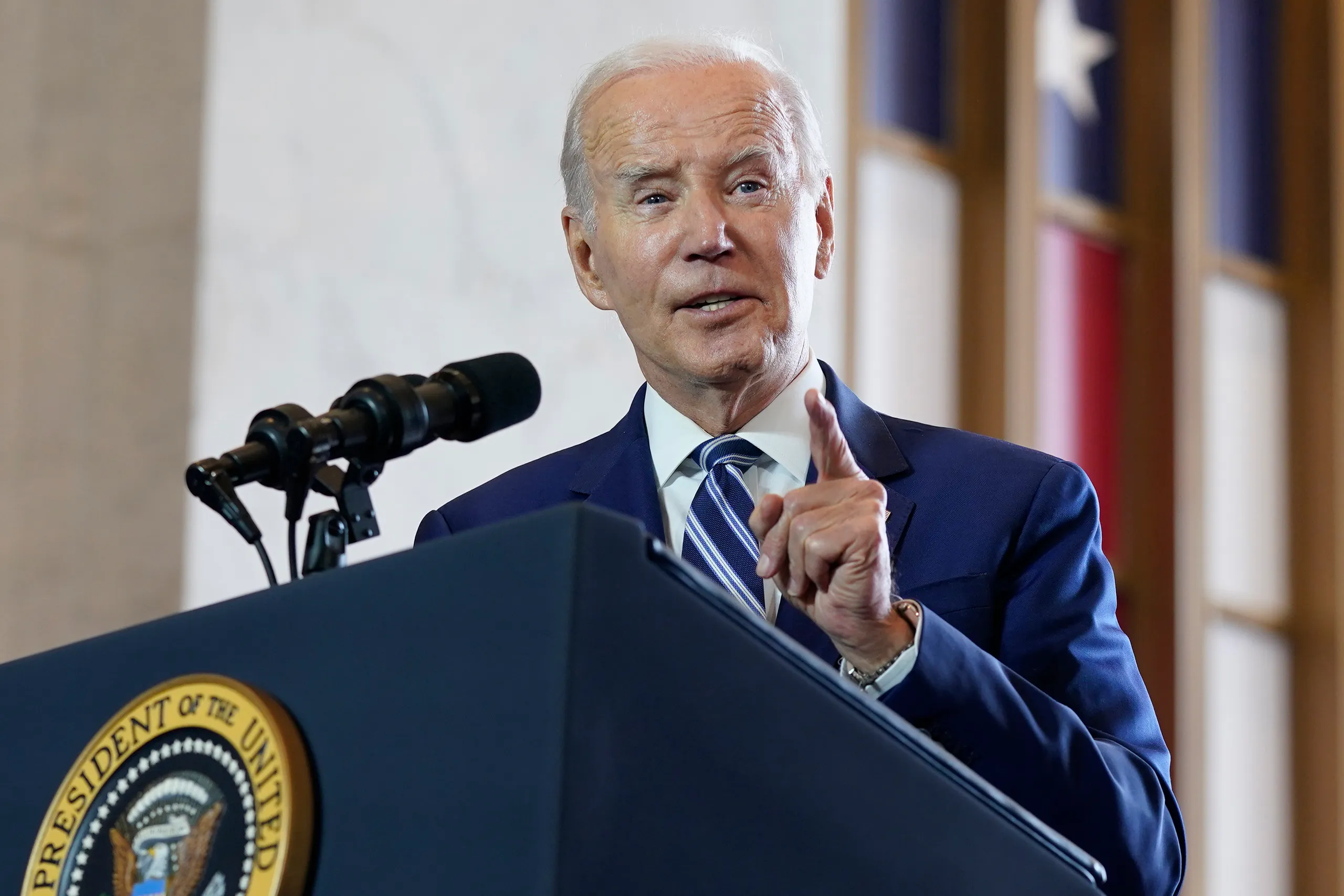Soldiers patrolled cities across Bangladesh on Saturday to quell growing civil unrest sparked by student demonstrations, after riot police fired on protesters defying a curfew.
This week’s violence that has claimed at least 115 lives, according to a toll of reported victims compiled from police and hospitals by The National Diplomat, poses a massive challenge to Prime Minister Sheikh Hasina’s autocratic government after 15 years in office.
A curfew came into force at Friday midnight as the premier’s office asked the military to deploy its troops following the repeated failure of the police to quell the widespread mayhem.
“The army has been deployed nationwide to control the law and order situation,” said an armed forces spokesman.
The capital, Dhaka, was almost deserted at dawn, with troops patrolling on foot and in armored personnel carriers throughout the sprawling megacity of 20 million.
But by the afternoon, thousands of protesters had taken to the streets in the residential neighborhood of Rampura, with police officers firing live rounds towards the crowd.
One person was injured and taken to the hospital, but many residents were too scared to step out of their homes. “Our back is to the wall,” said protester Nazrul Islam, 52. “There is anarchy in the country…
They are shooting on people like they do on birds.” EXIT Hospitals had reported an increasing number of gunshot deaths from Thursday. “Hundreds of thousands of people fought against the police in the city,” a police spokesperson said.
” At least 150 policemen were admitted to hospitals. Another 150 were given first aid treatment,” he said, adding that two officers had been beaten to death.
“The protesters torched many police booths… Many government offices were torched and vandalized.” He said a spokesman for Students Against Discrimination, the main group organizing the protest, said since Friday, two of its leaders had been arrested.
A second senior official from the main opposition Bangladesh Nationalist Party was arrested in the early hours of the previous night on Saturday.
Hasina was to have left the country for a planned diplomatic tour on Sunday, but gave up her plans after a week of escalating violence. According to her press secretary,” She has cancelled her Spain and Brazil tours due to the prevailing situation.”
Hospitals and police reported an additional 10 deaths on Saturday from clashes a day earlier, taking the total to 105 deaths reported since Tuesday. Police firing accounted for more than half the deaths reported till now this week, according to descriptions provided by hospital staff.
“The rising death toll is a damning indictment of the sheer malice Bangladeshi authorities are showing in responding to protest and dissent,” said Babu Ram Pant, Regional South Asia analyst at Amnesty International, in a statement on Saturday.
Authorities have carried out a nationwide internet blackout, which is ongoing, severely curtailing communication in and out of Bangladesh. Govt websites are still offline and major newspapers – including the Dhaka Tribune and Daily Star – have not been able to update their social media accounts since Thursday.
In this respect, one cannot agree that the issue has gone too far as protest conducts is a major concern for any country and one shall be responsible for holding protests violating the law.
To this end, the local authorities can appear unresponsive as they possibly have no rights to interact with the citizens of another country. It is also relevant that Bangladesh itself does not support the protesters, claiming that they violated UAE laws.

